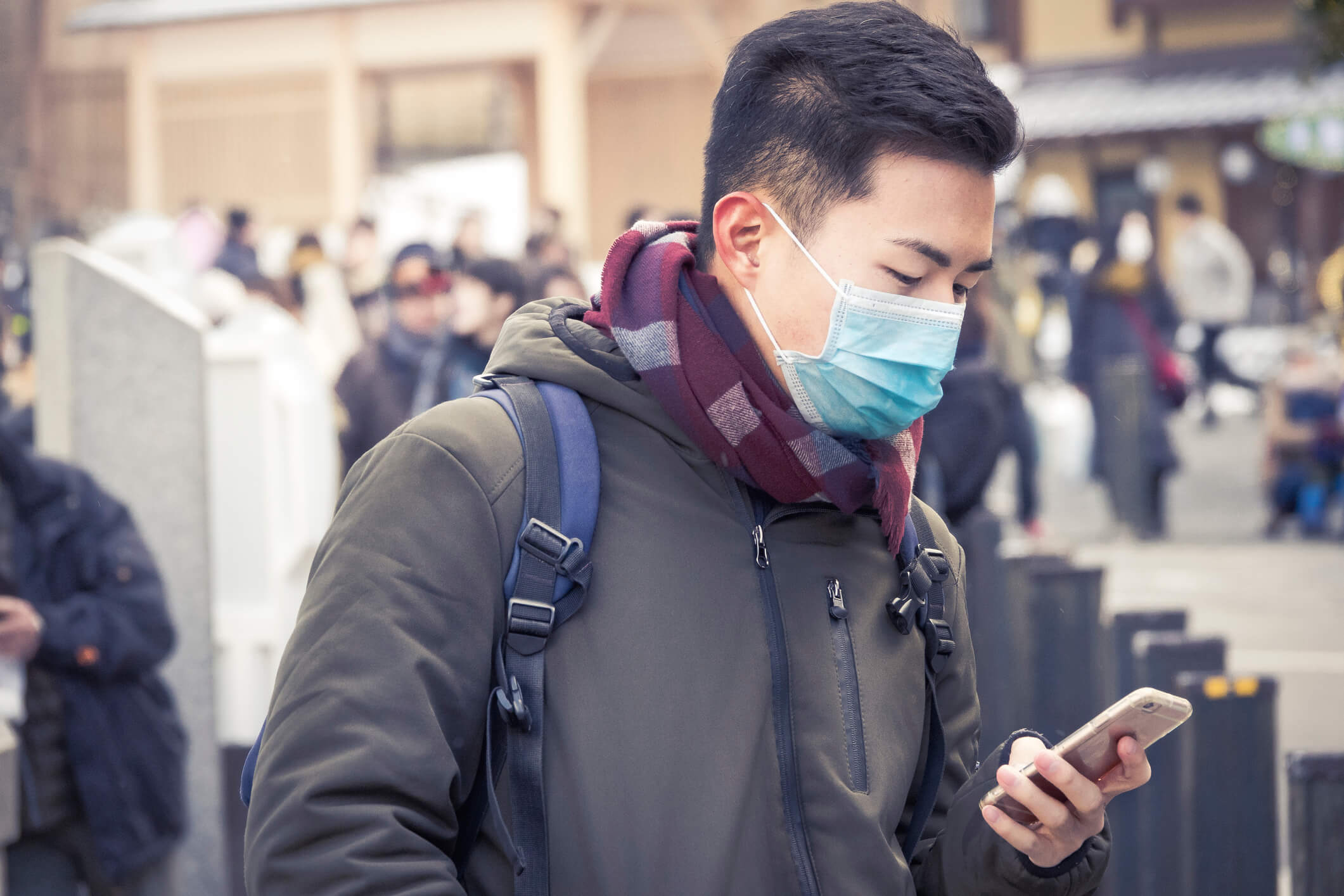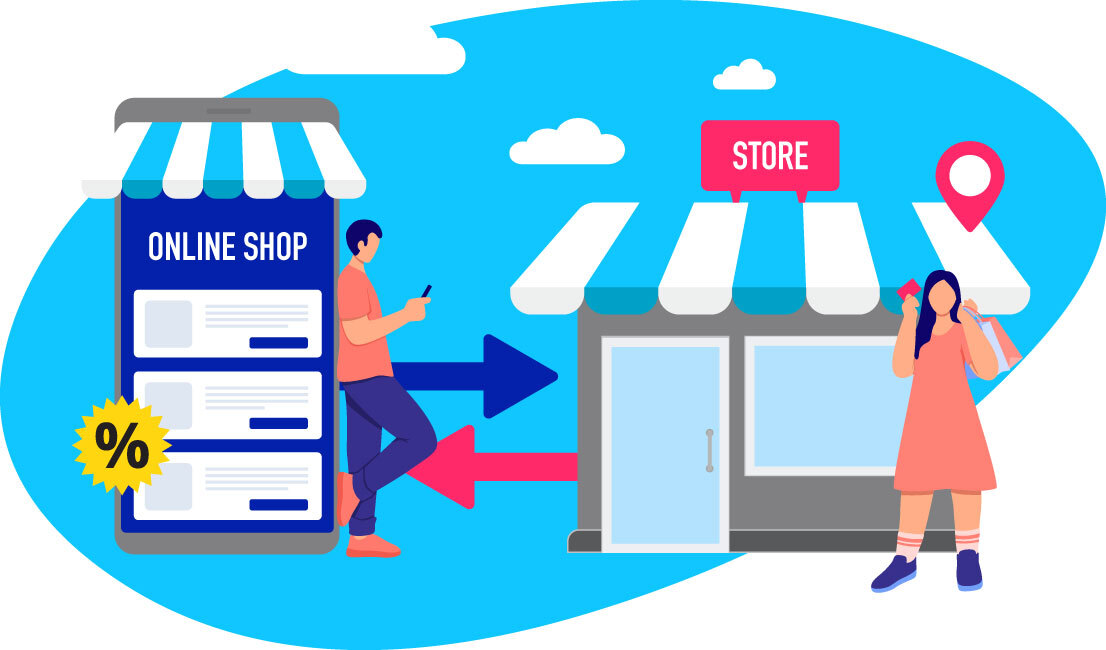6 min read
As the crisis of coronavirus disease 2019 (COVID-19) peaks, many brands are suffering. Quarantine restrictions are keeping customers away from bricks and mortar retail stores, logistical issues are diminishing e-sales, and manufacturing closures in China are leaving businesses running out of stock. Even big brands like Nike and Shiseido are taking a hit.
The ongoing crisis is ramping up the pressure on marketers who are expected to ride this public health crisis wave. While some companies now have products in high demand, others are struggling to get sales.
The key to mitigate the impact of public health emergencies on businesses is being nimble. This means, rethinking your marketing efforts to make them more relevant. Here are seven things that brands can do to manage this crisis.
1. Don’t Hard Sell, Show Support
As a marketer, the most important question you should be asking yourself right now is not ‘How can I sell more?’. Instead, it is ‘How can we support customers during this time?’. Focusing solely on profits amid the current situation will not do your brand any favors – in fact, it may work against it.
In China, an increasing number of e-commerce, media, and tech companies , including Alibaba, have stepped up to show their support. Luxury group LVMH has donated US$2.3 million to the Chinese Red Cross, and beauty group L’Oreal pledged US$720,000 to help fight the virus.
The support from your brand doesn’t have to be as extreme. However, making a donation or offering your services or products to people in need of help at this time is a good thing to do – and It is good for PR, too.
2. Use Topics and Keywords for Precise Targeting
Coronavirus is big news. It, therefore, makes sense that many people are talking about it, going online to find out more, and buying relevant products to help protect themselves.
This has presented a unique opportunity for brands in sectors, such as healthcare, wellness, and medical products, to build a closer relationship with consumers. To do so, you want to make sure you target the right customers.
Using AI-driven tools, you can analyze online data to identify who is reading content about the coronavirus, and what type of content they are reading. You can then segment your target audience based on the topics or the keywords they are interested in to deliver relevant content for more precise targeting.
3. Increase Your App and Online Content Efforts
With many people confined at home under quarantine, gaming and video apps have hit new download volumes. According to one report, 574 accounts on video platforms Douyin and Kuaishou have gained up to 500k new followers respectively between January 20 and February 2.
How can you tap into this? By creating branded apps, games, and videos.
Specific industries such as the health and fitness industry can create relevant content to engage customers, such as videos of how to do simple exercises or make healthy meals at home to help them combat virus.
4. Ensure Brand Safety in Advertising
Contextual targeting , powered by the change in privacy regulations, is having a resurgence. It is all about putting ads in the right context, and during this sensitive time, you need to pay more attention than ever to where your ads are seen. Placing travel ads in China right now, for example, might be viewed as inappropriate considering the government’ strict travel restrictions.
To avoid creating a negative brand impression and damaging your brand reputation, you can use AI techniques like natural language processing and deep learning to analyze data and gain a better understanding of content, ensuring wherever you are placing your ad is both brand-safe and relevant.
5. Focus on Multichannel Communication
If your business is currently facing high demand for certain products or logistical delays, or if you are struggling to get stock due to manufacturing closures, keeping your customers informed is crucial.
By keeping customers updated on estimated delivery times, and making them aware of why the delays are happening and what they can expect, you can reduce frustration levels and prevent them from looking elsewhere.
To ensure you can reach your customers and respond to their questions or complaints in time, use multichannel communication to engage them, whether that is through website, email, social, push notifications or in-app messaging. Such an approach will bring your consumers into ever closer contact with your brand.
6. Target Your High-Value Customers
While people in countries like China are advised to stay at home is driving an increase in e-commerce sales, low inventory and delays in manufacturing and logistics are making it harder to deliver products to paying customers.
With that in mind, instead of making efforts to acquire new customers, e-commerce marketers should focus on nurturing existing customers with the highest lifetime value. These are the ones who will stick around and spend beyond the crisis period.
Leveraging deep learning to analyze your data more effectively in order to identify your high-value customers. It does this by looking at past behavior and discovering patterns to segment audiences, and then predict conversion rates of each group. Once you have this insight, you can tailor your engagement campaigns accordingly.
7. Make Your Creatives Relevant
With coronavirus front of mind, incorporating keywords and visuals relevant to the crisis into your marketing campaigns and ads can help you draw attention to them. However, you need to be careful and ensure they are appropriate.
This means not using them indiscriminately for products that are not in any way related. However, if your product has the potential to help people right now, such as hand sanitizer, you should be getting your message and product out there.
In addition, create campaigns with helpful messages. For instance, beauty company Perfect Diary has been broadcasting safety recommendations and intimate wear company Neiwai posted a message on WeChat reminding people to stay healthy and strong.
If the recovery from coronavirus is similar to SARS, it is predicted that retail will be back to normal by June . However, with the market as it is right now, make sure you show support to your customers, keep lines of communication open with them, and adjust your marketing strategy accordingly, you will be in a strong position to keep your brand safe until then and into the future.
* Are you facing challenges managing customer engagement during the coronavirus crisis? We are here to help! Get in touch with our team today.



